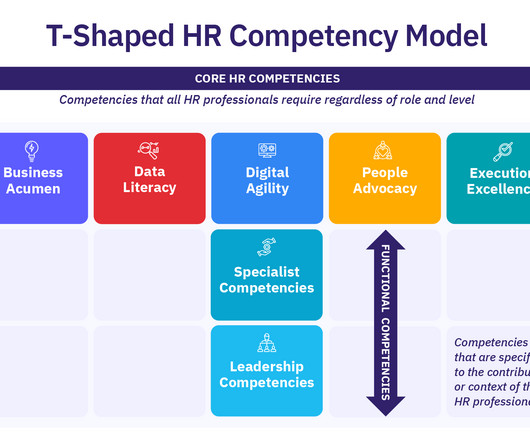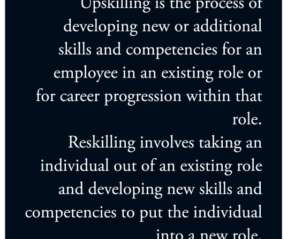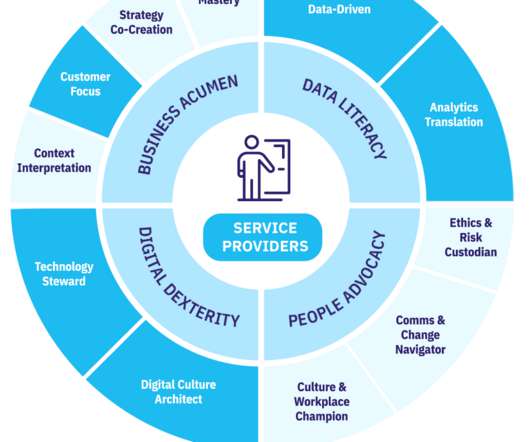HR Competencies for 2030: A Future Standard
Analytics in HR
NOVEMBER 2, 2023
To successfully manage these developments and remain relevant, HR professionals need to adapt and develop the right HR competencies to embrace future opportunities. This calls for a revision of the outdated HR competency models that organizations are using. That’s where the T-shaped HR competency model comes in.




















Let's personalize your content